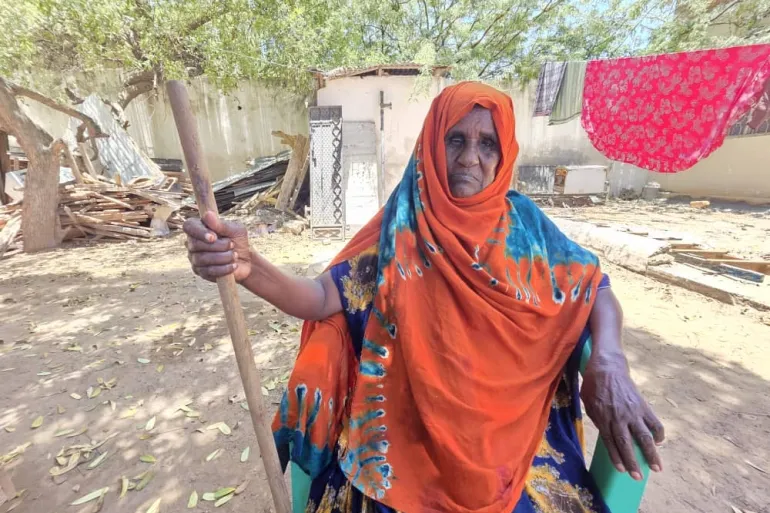Families of civilians killed in US drone strikes in Somalia are increasingly demanding justice and reparations, highlighting the ongoing human cost of counterterrorism operations in the region. While the US Africa Command (AFRICOM) has acknowledged civilian casualties in certain air raids, the military organization has repeatedly refused to provide compensation, asserting that “condolence payments” are “not feasible.” This refusal has left grieving families feeling overlooked and marginalized.
A tragic example is the case of Luul Dahir Mohamed and her four-year-old daughter Mariam, who were killed in a drone strike near the town of El Buur in 2018. Initially, AFRICOM claimed that no civilians were harmed in the operation. However, an internal review later confirmed the deaths of a “mother and child,” though the victims were not named publicly. The lack of recognition and compensation underscores the challenges Somali families face in seeking accountability for civilian casualties.
Represented by the legal rights organization Humanus, the affected families argue that the US military’s drone operations have caused extensive harm to innocent civilians and their communities. Beyond the immediate loss of life, these strikes have left long-lasting trauma and displacement for families who survive the attacks. The legal efforts focus on compelling the US government to provide reparations for the victims, a move that advocates say is essential to uphold human rights standards and international law.
These drone operations, often part of broader counterterrorism campaigns targeting extremist groups, have long been criticized for their lack of transparency and limited oversight. While AFRICOM maintains that its missions are aimed at ensuring regional security, reports of civilian casualties raise questions about the proportionality and accountability of such strikes. Families argue that recognition of civilian deaths and fair reparations would not only provide material support but also acknowledge the human cost of military operations.
The issue also sheds light on broader debates about US military strategy in Africa. Critics point out that while drone strikes can disrupt extremist networks, they can also fuel anti-American sentiment and destabilize local communities. The continuing struggle for justice in Somalia exemplifies the tension between national security objectives and the protection of innocent civilians.
Human rights organizations and legal advocates emphasize that providing reparations is not only a moral imperative but also a necessary step toward restoring trust and promoting accountability. Families like that of Luul Dahir Mohamed seek acknowledgment that the loss of their loved ones was not invisible, demanding that the US government take responsibility for the consequences of its military actions.
The ongoing fight for reparations in Somalia highlights the importance of international scrutiny and advocacy in ensuring that victims of military operations receive recognition and justice. As these families continue to press their claims, the world watches closely to see whether the United States will address civilian harm caused by its drone strikes and move toward meaningful accountability.
S


